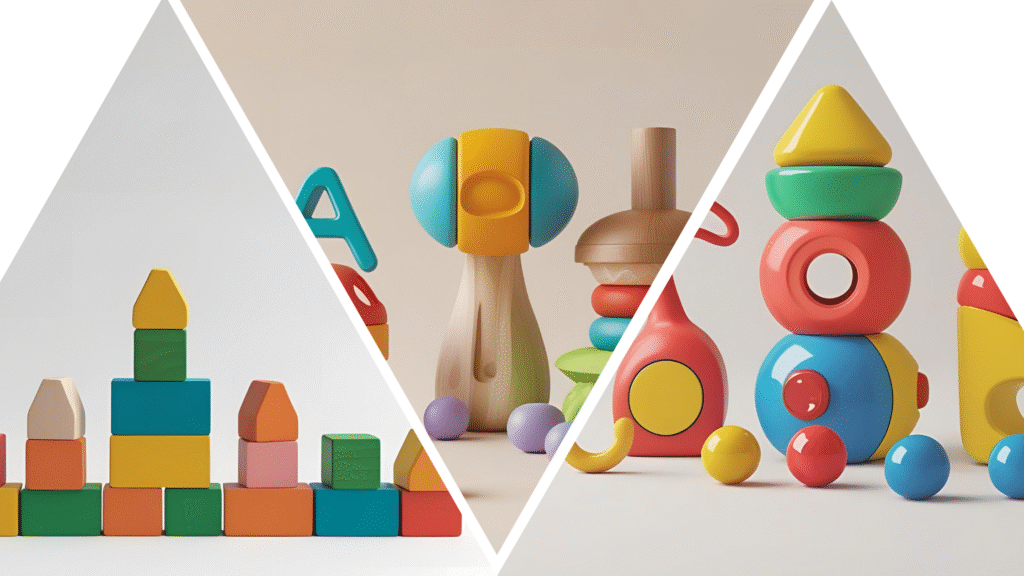Before any play session begins, it’s important to recognize a key factor that often holds us back from reaching a deeper level of play: perception.
Many of us worry that when we fully engage in play, we’ll “look silly” or “feel embarrassed.” These fears create a mental filter that stops us from being our authentic selves—and from truly letting the play unfold.
One of the beautiful things about growing alongside a child is witnessing life without that filter. You get to see spontaneous dance breaks in the grocery store line, or full-blown action movie scenes acted out while you’re just trying to use the bathroom.
To elevate our own play, we have to develop mental tools to push past that internal hesitation. It won’t happen overnight, but I encourage you to try. When you allow yourself to be the “foolish, silly” parent in play, you unlock a powerful, unexpected bond—and open doors to new kinds of growth for both of you.
It also creates a chance to model the balance between silliness and seriousness—an invaluable lesson for both children and adults
+ Level : Space to Play
Begin by creating a physical and emotional space where genuine play is welcome. This could be your living room, a play corner, or even a section of the backyard. What matters most is that this environment signals to both you and your child that it’s a judgment-free zone where being silly, expressive, and fully yourself is not only allowed—but encouraged.
++ Level: Words of Play
Introduce a playful “magic word” or phrase that acts as a signal to transition into play mode. Whether it’s something like “silly time,” “wild card moment,” or a fun family-created password, this language becomes a cue that gives permission to loosen up, laugh, and step into imagination. It helps both children and adults shift gears quickly, even during a busy day.
+++ Level: Random Event Play
Build in playful triggers that spark unexpected moments of fun. These can be as simple as setting a timer that, when it goes off, everyone has to freeze and do a silly pose, or placing props around the house that activate mini role-play sessions. Random event play keeps things fresh and helps reinforce that play can live in everyday routines—not just set times or special occasions.
Now get our there and add another level to your play



